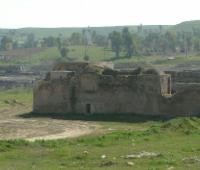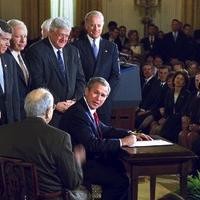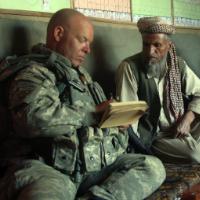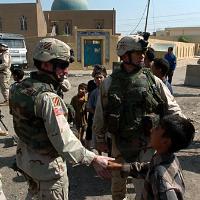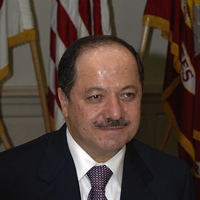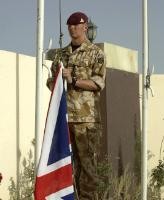
LONDON — The business of war-fighting just got more difficult. These days, British troops — over-stretched, under-funded and ill-equipped — must contend not only with implacable enemies abroad, but also with a seemingly disinterested Defense Ministry and a sometimes hostile public at home. No surprise, then, that morale has plummeted. The low level of morale was highlighted in a survey — the first ever — that was conducted among more than 24,000 service personnel across the armed forces. It revealed that almost half are ready to quit. The reasons are not hard to find. During October alone, the British government […]

